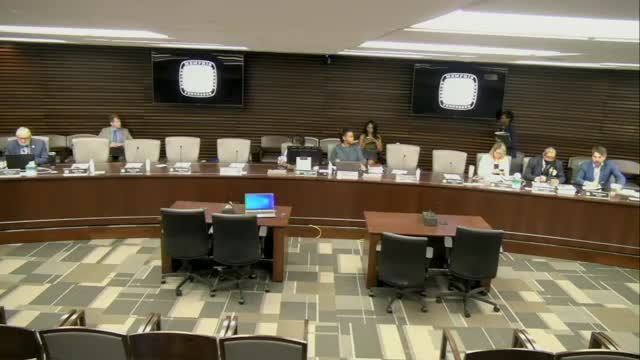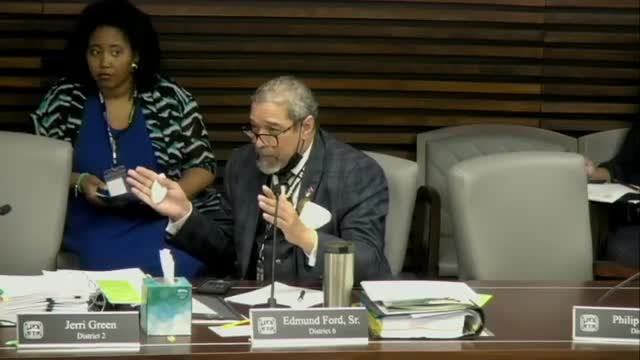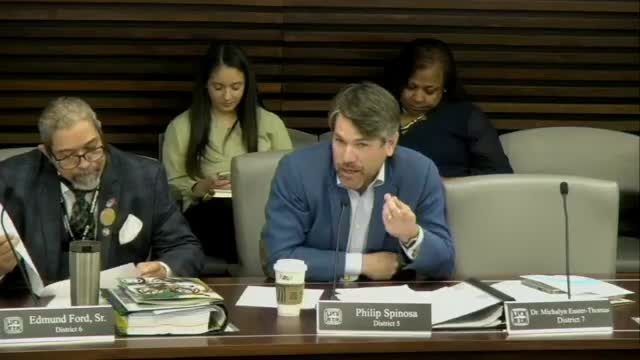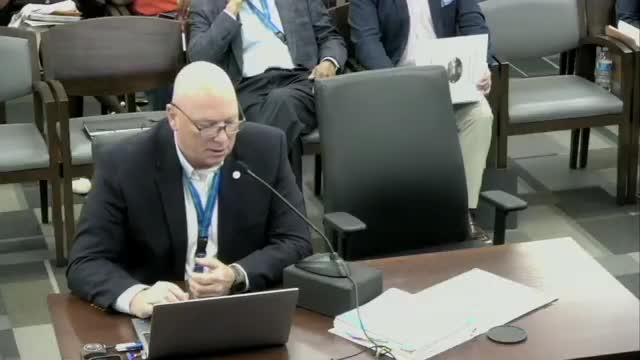Article not found
This article is no longer available. But don't worry—we've gathered other articles that discuss the same topic.

Memphis Zoo lays out $250 million campus plan, asks city for $1.5 million more in annual operating support

Memphis nonprofit seeks city help to buy and restore Lamar Avenue theater

Council says short‑term rentals are a growing neighborhood problem; sponsor to bring ordinance after legal review

Draft downtown parking ordinance would set standards for garage lighting, cleanliness and pricing; council sends draft to owners for review

